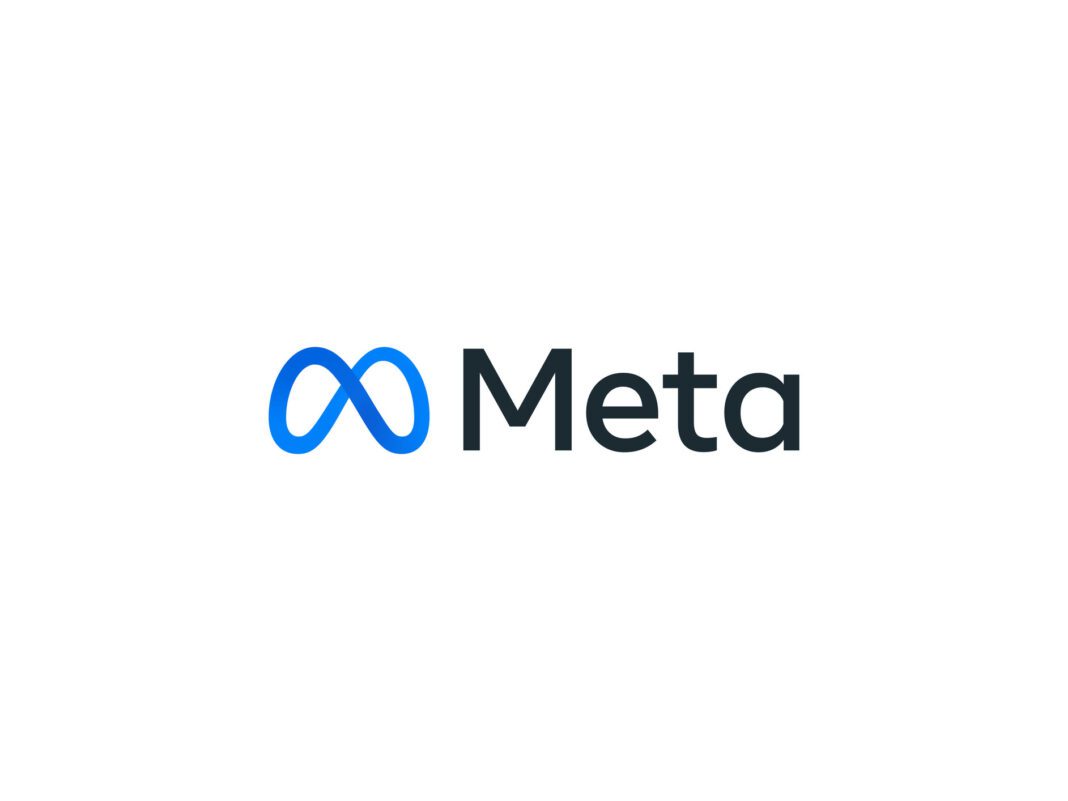The phrase Meta AI spending captures one of the most significant tech-industry investment moves of the year. Meta is preparing to spend up to $72 billion in 2025 on AI infrastructure, data centres, talent and related build-out. This ambitious figure reflects how Meta is positioning itself for the next wave of computing and generative-AI systems.
What exactly is happening?
- Meta has raised its 2025 capital-expenditure outlook (which largely overlaps with its AI-infrastructure build) to approximately $66 billion to $72 billion.
- Many reports refer to this as Meta’s “AI spending” even though a portion is traditional infrastructure and capital expense. For example, one article says: “Meta is ramping up its investment in artificial intelligence, raising its 2025 spending forecast to as much as $72 billion”.
- Meta’s CEO Mark Zuckerberg has stated that the company is front-loading compute capacity and building “superclusters” of AI infrastructure, positioning for the era of “personal superintelligence”.
Why this matters
Strategic implications
- Building such scale shows Meta believes that AI infrastructure (compute, data, talent) is a foundational competitive advantage—not just software features.
- The investment covers more than just advertising-tech improvements: it reflects Meta aiming for broader AI platform capabilities (e.g., custom chips, massive data-centre clusters).
- For the broader tech industry this signals that “AI arms race” is real and costly; companies that do not invest may fall behind.
Financial/market implications
- A spend of up to $72 billion is immense—even for a company of Meta’s size. Investors may be cautious about when and how this investment will yield returns.
- Meta’s core business (advertising) is still strong but high levels of investment create pressure on margins and future profitability.
- The scale of the spending may impact Meta’s cash flow, capital-allocation flexibility and raise scrutiny from regulators or shareholders.
Context & background
- In its Q3 results, Meta reported revenue of about $51.24 billion for the quarter, and raised its capex guidance to $70-72 billion for the year.
- Meta is transitioning away (or in addition) from its earlier metaverse focus toward “AI-first” infrastructure expansion
- The spending is aimed at supporting huge compute clusters, developing in-house chips, and scaling AI for real-time inference, recommendation systems and future generative-AI products. Reuters
Challenges & caveats
- Return horizon: These are long-term bets. It may take several years before the investment translates into major new revenue streams.
- Capital intensity: The spending is capital-intensive and may expose Meta to greater risks if the competitive or regulatory environment shifts.
- Execution risk: Building massive data centres, recruiting top-tier AI talent, developing next-gen chips are all complex endeavours with potential for delays or cost overruns.
- Investor sentiment: Even with strong revenue, markets may penalise companies spending heavily if near-term returns are unclear.
- Regulatory and competition risk: Increased scrutiny of big tech’s AI ambitions could lead to regulatory constraints, privacy issues or competitive threats.
What this means for stakeholders
- For advertisers: More AI investment could mean better ad targeting, higher ROI, new formats and improved user engagement—potentially beneficial.
- For shareholders/investors: They should monitor metrics like capex vs revenue growth, user growth, margin trends, and how much of the spending is being monetised.
- For employees/talent-markets: Meta’s commitment sends a strong signal: the company will be a major employer of AI talent, and competition for those roles will be intense.
- For competitors: Meta’s scale may force rivals to also increase investment or find differentiated strategies to compete.
- For infrastructure suppliers: Data-centre, chip, server and cooling-system vendors will see major demand from Meta and others.
Outlook
The headline figure—up to $72 billion in AI-related spending for 2025—shows Meta is placing a big bet. The key questions now are:
- How much of this investment will convert into new, incremental revenue (beyond advertising) and profit?
- Over what timeframe will returns materialise?
- Will Meta be able to sustain this level of spending, or will it need to moderate if margins come under pressure?
- How will Meta differentiate in AI (compute, models, chips, ecosystem) to make this investment pay off?
Conclusion
The phrase Meta AI spending is now shorthand for one of the most ambitious build-outs in tech: Meta preparing to spend up to $72 billion in 2025 to secure its place in the next generation of computing and AI. While this investment is massive and fraught with risk, it also positions Meta to leverage its vast user base, advertising strength and computing scale in ways that could reshape its business and the broader industry.



